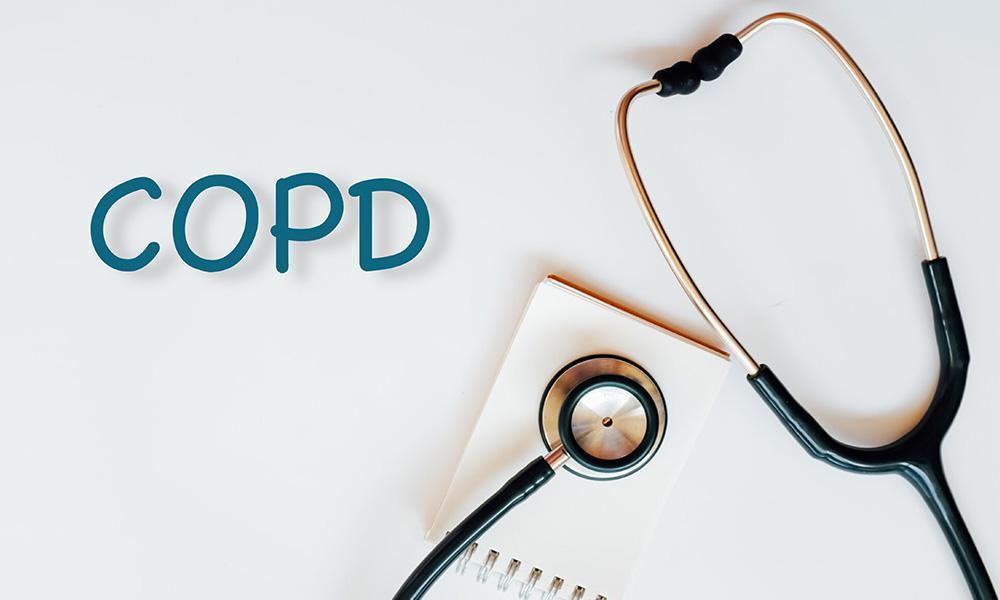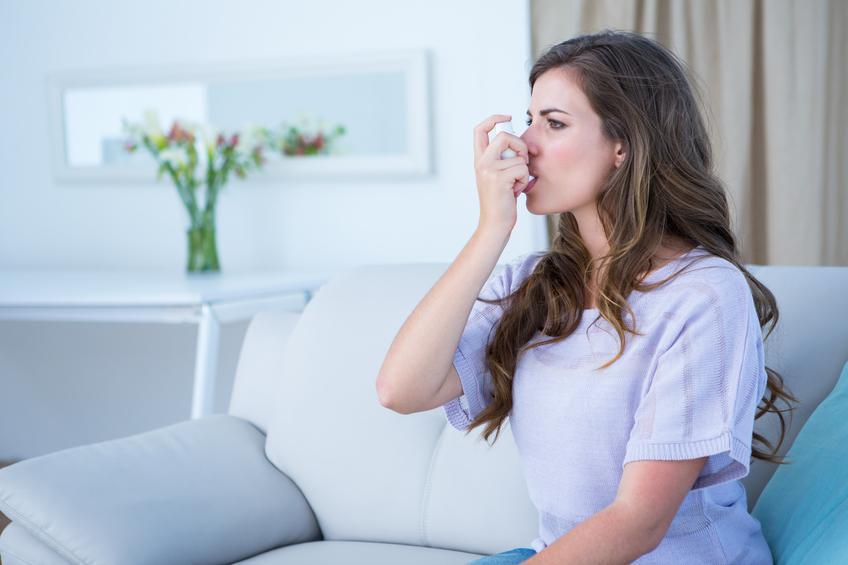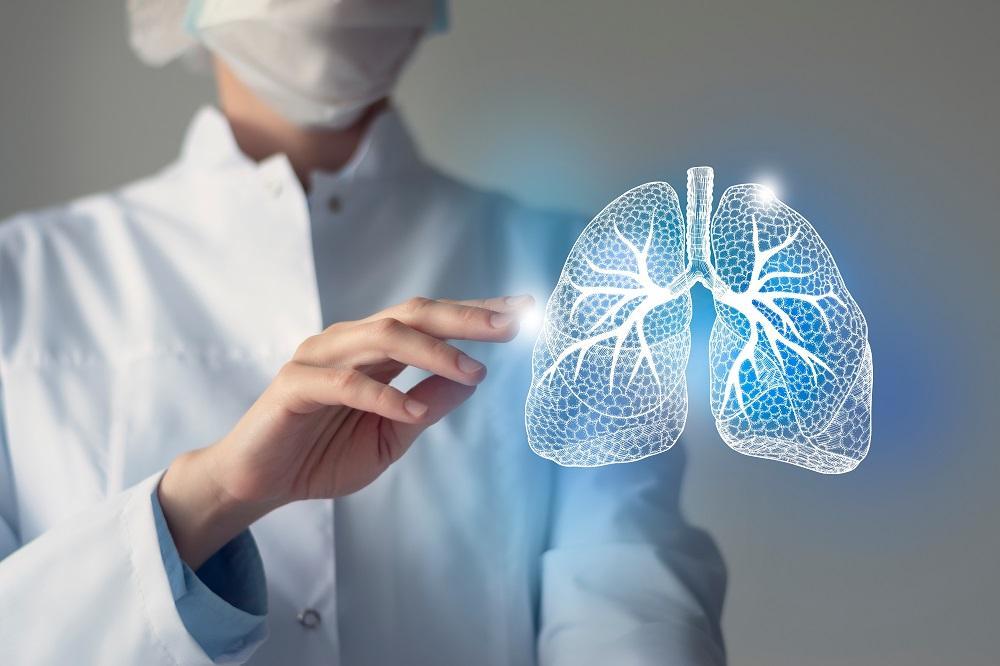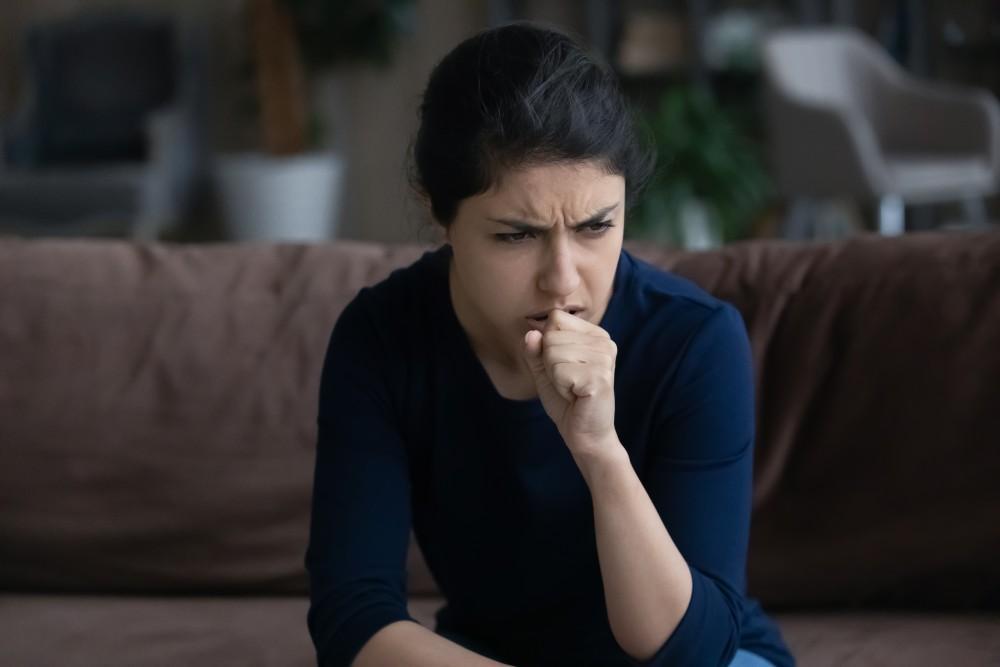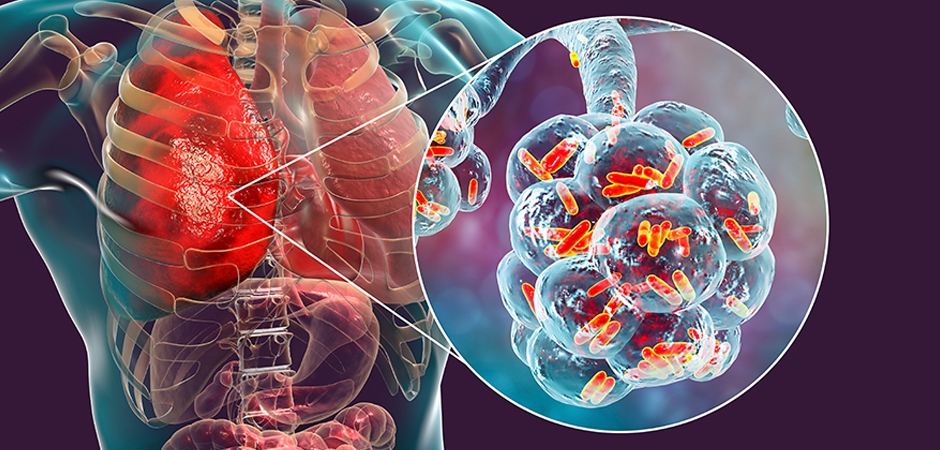Chronic obstructive pulmonary disease (COPD) is the third leading cause of death in the United States, yet most people can prevent the disease with lifestyle changes. With skilled treatment from Dr. David Kamelhar and Dr. Eric Teller, at Kamelhar-Teller Pulmonology in Midtown East Manhattan, you can manage your symptoms and prevent or slow down disease progression. To schedule an appointment, call the office in New York City or book an appointment online today.
COPD Q & A
What is COPD?
Chronic obstructive pulmonary disease or COPD includes several lifelong lung diseases that are thought of as permanent and that block airflow in your bronchial tubes and affect your ability to breathe. The two most common conditions include:
Chronic bronchitis
Chronic bronchitis develops when your airways become inflamed and produce an excessive amount of mucus. The primary symptom of chronic bronchitis is a mucus-producing cough that lasts at least three months. This is generally a condition affecting cigarette smokers
Emphysema
Emphysema occurs when the air sacs in your lungs become damaged. The air sacs facilitate oxygen to be transported from the air sacs inout of your lungs and into your blood. When the air sacs become damaged, they weaken and may trap air in your lungs. As a result, your organs and body do not get the oxygen they need.
What causes COPD?
COPD develops with lung exposure to irritating and damaging substances. Smoking cigarettes is the most common cause, but you can develop COPD from inhaling secondhand smoke, air pollution, and fumes. It has recently been noted that it may also occur as a consequence of long-standing uncontrolled asthma.
Your risk for COPD also increases if you work in an environment that generates dust particles or if you have exposure to vapors and chemicals.
There is also a rare genetic disorder that causes low levels of a protein called alpha-1 antitrypsin. A deficiency of this protein, which is produced by the liver, can result in the development of COPD. Now, we have the ability to test for this disease and treat it by replacing the missing protein.
What symptoms develop due to COPD?
Though the first sign of chronic bronchitis is often a cough, and emphysema typically begins with shortness of breath, the symptoms of COPD include:
- Chronic cough
- Shortness of breath with exertion or at rest
- Excessive mucus
- Chest tightness
- Wheezing
- Fatigue
- Frequent respiratory infections
Though the existing lung damage isn’t reversible, active medical care from Kamelhar-Teller Pulmonology can help keep your symptoms under control.
How is COPD treated?
Kamelhar-Teller Pulmonology works closely with each patient to develop a treatment plan that meets their unique health care needs. Your provider teaches you about your disease and the steps you should take to slow down disease progression.
For the first step, you need to avoid the substance that irritates your lungs. For most patients, that means stopping smoking. When you eliminate cigarettes or other substances, the progression of COPD may slow down as well. It is expected that your symptoms will improve.
You are likely to be treated with inhaled medications, several of which are available for COPD. Oral medications or nebulized medications may be used as well in order to improve your symptoms and lung function.
Your ongoing treatment focuses on relieving your symptoms and restoring and maintaining optimal lung function. One of our goals is to avoid exacerbations and hospitalizations. It is also important to get an annual influenza vaccination and regular anti-pneumococcal vaccinations in order to reduce your risk of and prevent lung infections.
Optimizing your quality of life is of primary importance to Dr. Kamelhar and Dr. Teller. A course of Pulmonary Rehabilitation may be recommended to improve your ability to exercise and to perform the Activities of Daily Living as your lung function improves.
If the disease progresses to a more advanced stage, you may need additional treatments such as oxygen therapy or non-invasive ventilation. If you have an ongoing cough or shortness of breath, call Kamelhar-Teller Pulmonology or book an appointment online today.

